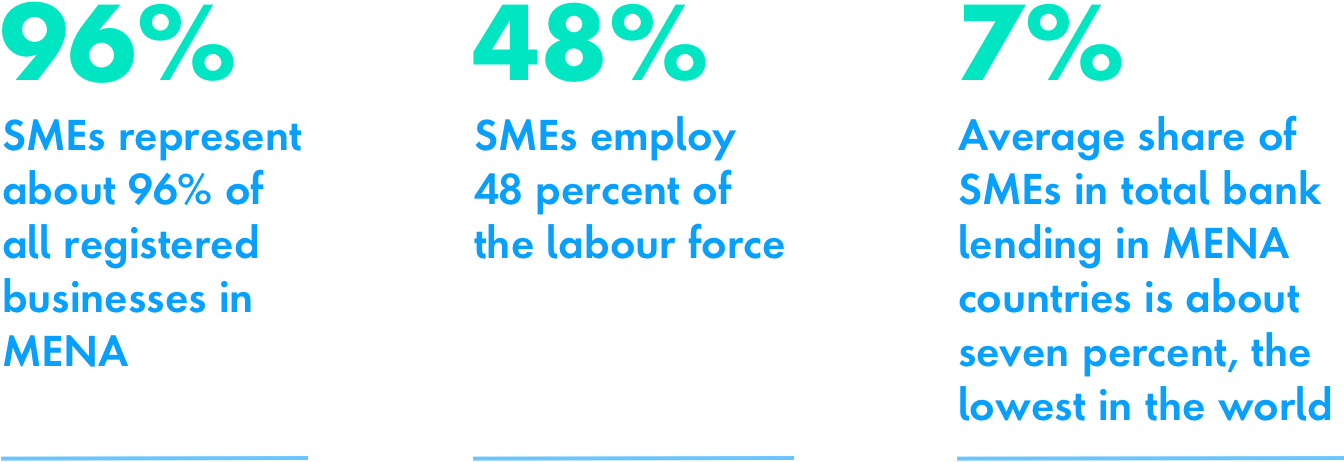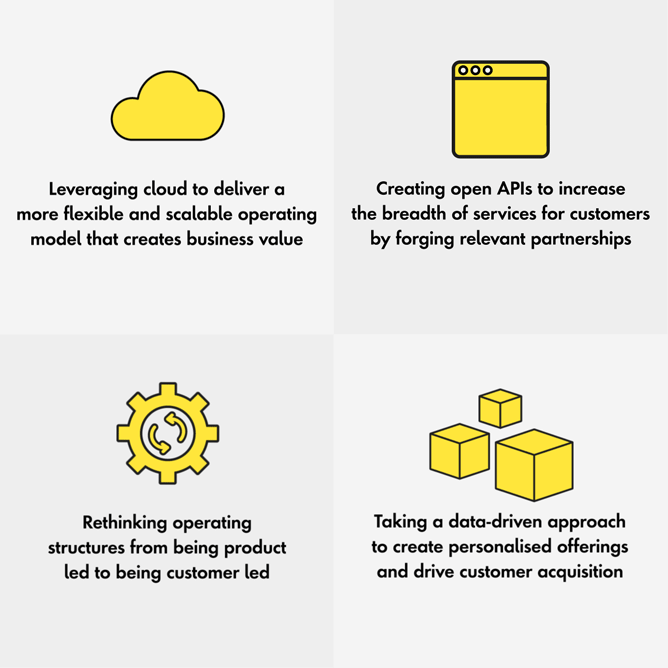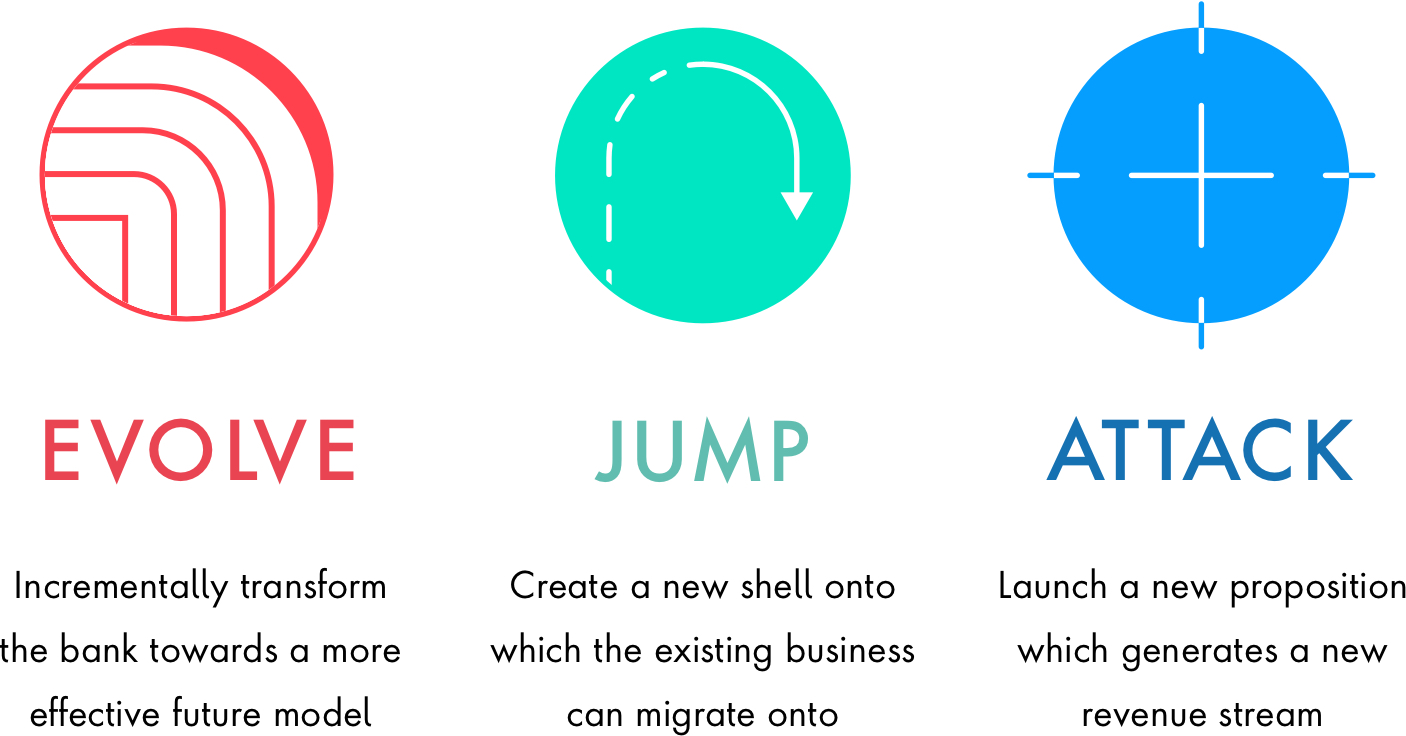Banks that implement a digital strategy can give SMEs the option to request finance, increase their credit line, renew accounts online or get reminders for banking/regulation/compliance activities they need. On top of it, banks can improve analytics/risk/fraud capabilities to deliver faster onboarding, verification and credit checks.
The road to being digital is promising but not without challenges. A significant proportion of banks have not been ready for a massive shift to digital. Legacy architectures and operating models, lack of adequate skills and a scarcity of capital have made it difficult to make this transformation quickly.
Embrace an end-to-end transformation
The UAE government has recognised the importance of supporting digital transformation for SME banking, and is intervening to stimulate change through Ghadan 21, the Abu Dhabi government accelerator programme, launched to transform the economy, knowledge ecosystem and community, and broaden the base of the UAE economy. Initiatives for businesses include energy discounts, easier access to bank loans and a new Dh4 billion research and development fund. Recent examples of steps towards digitizing banking for SMEs include ENBD’s launch of E20, a UAE-based digital business bank for entrepreneurs and SME businesses. FAB announced a collaboration with Etisalat Digital to launch a fully contactless digital invoicing solution for SME merchants. While these efforts are promising, it is still slow going.












